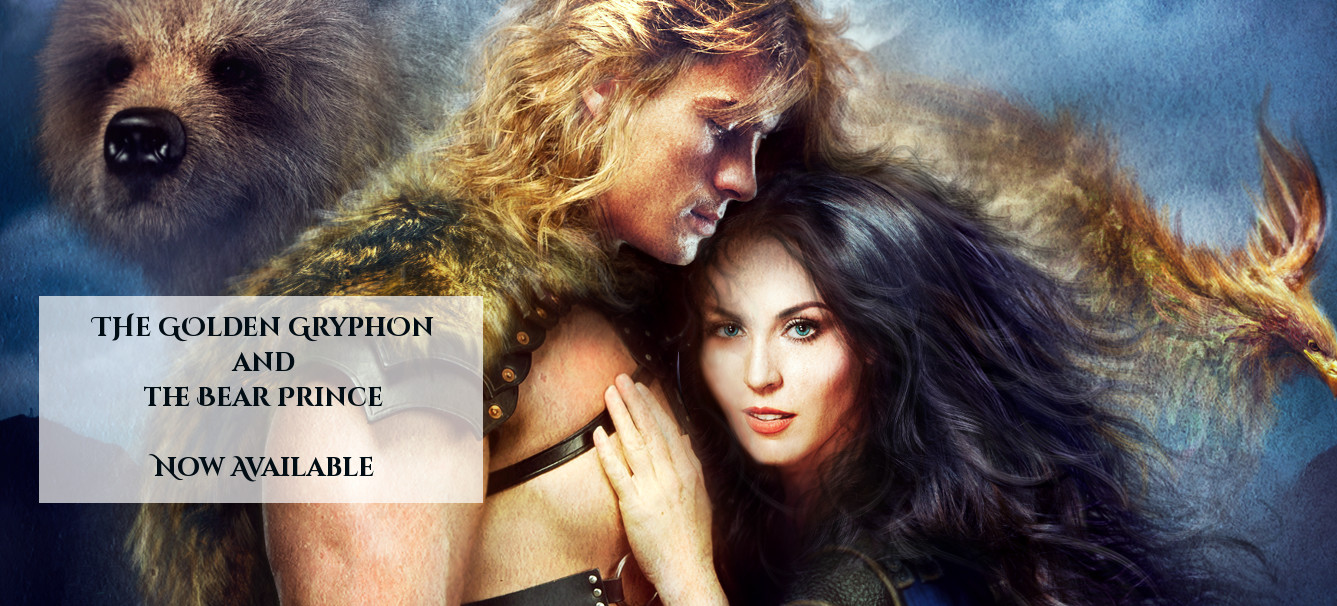
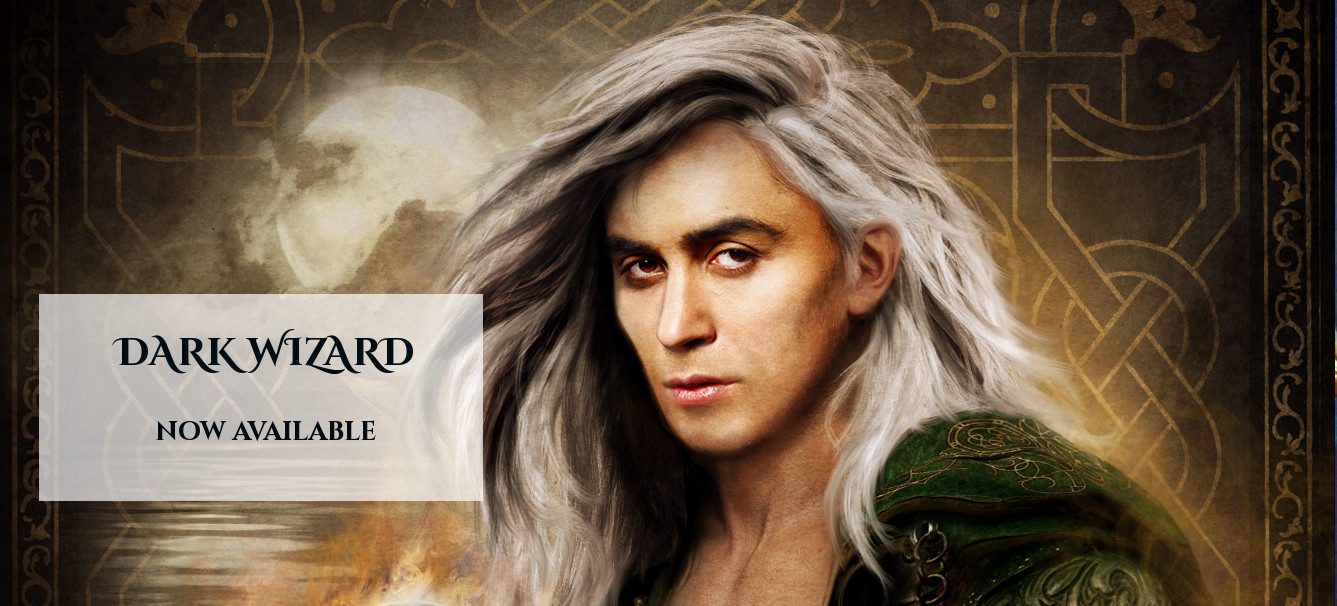
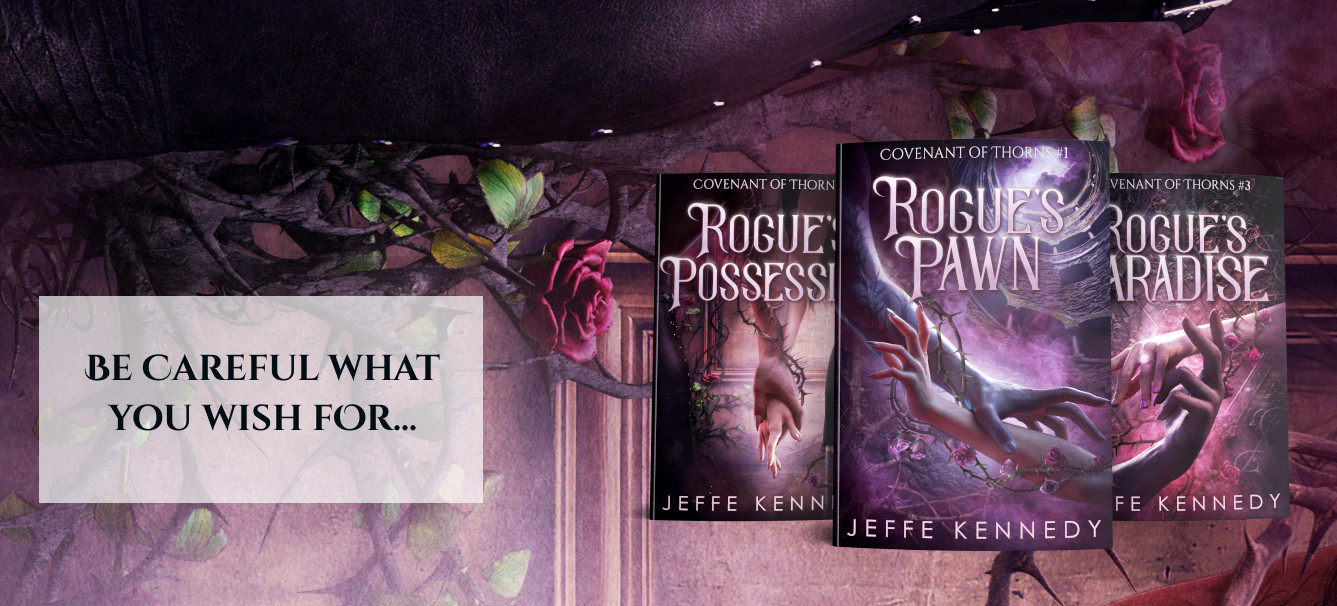
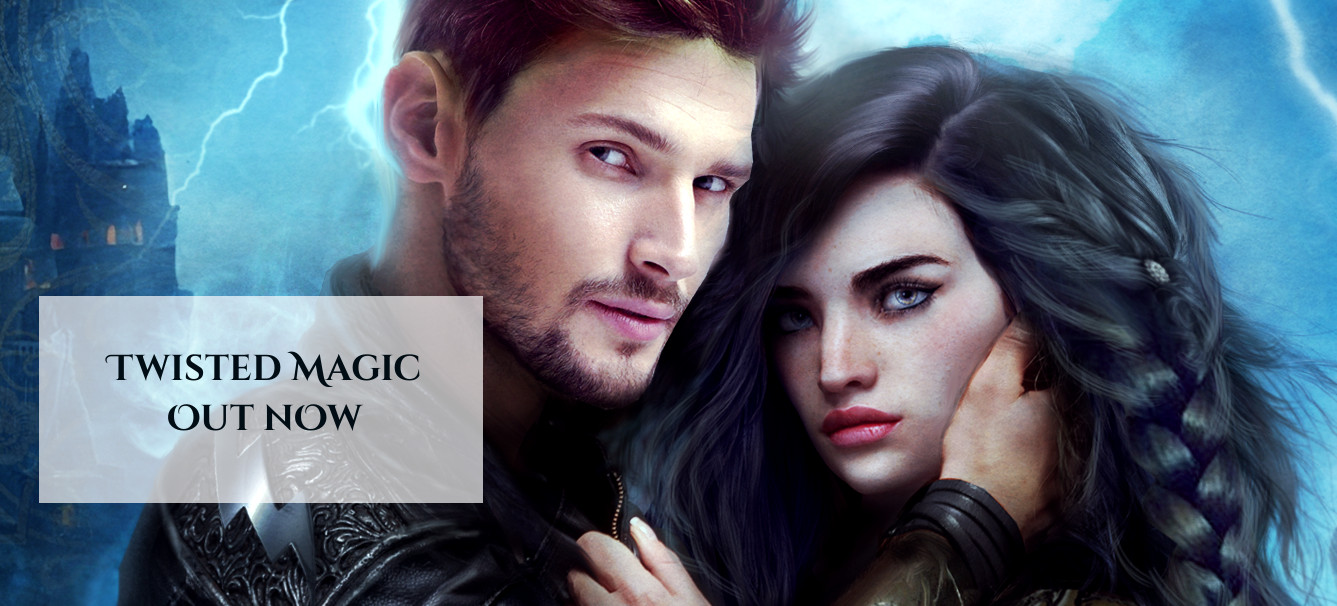
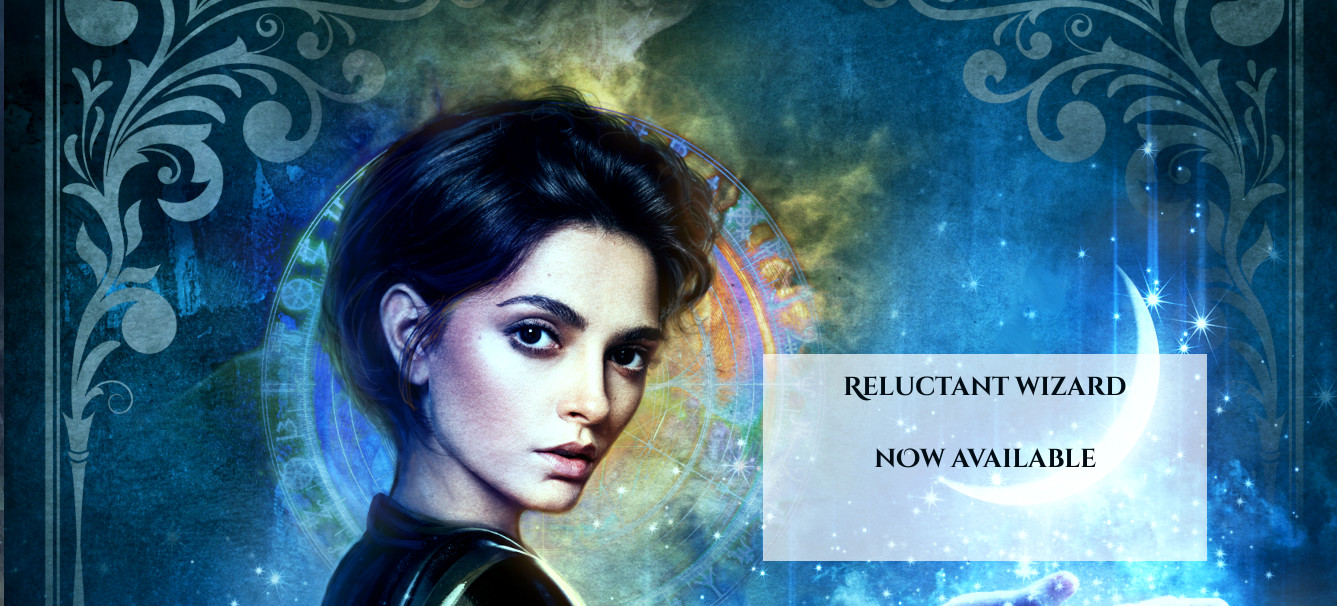
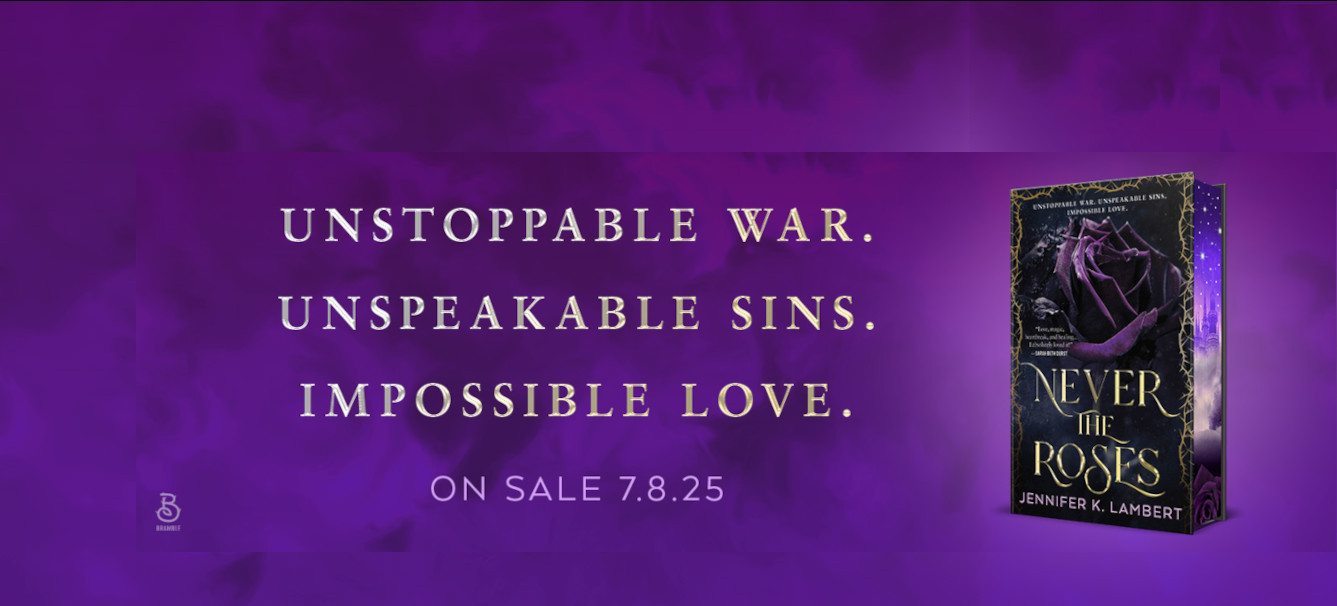
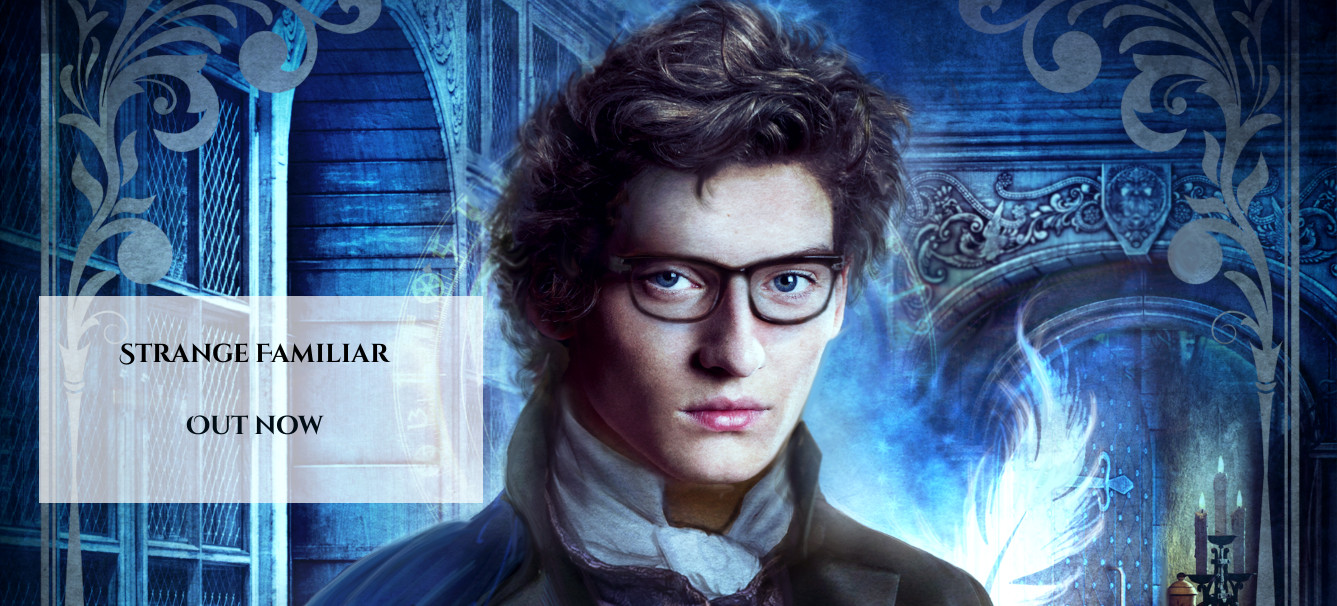
How to know when to continue a series?
So, Suzanne has thrown down the gauntlet for me today, pointing out that THE FORESTS OF DRU is the fourth book in my Sorcerous Moons series. She asked me questions that plague all authors of series, I believe:
How to know when to continue a series?
When to end it?
When to morph one into a spinoff?
It’s funny timing for me, because just last night I was messaging with another author friend about series and reader expectations. I mentioned J.D. Robb’s In Death books and how the 44th book in that series is coming out on February 7. (Which, hooray!!) She said, “Good gawd. I'd have burnout as either reader or writer with a series that long.” Then belatedly asked me if I’d read them all.
My answer? Yes, I have. I have those books on autobuy and eagerly look forward to their twice yearly arrival. And in 2014, I went back and read the series from the beginning through book #39 (plus the 9 short stories and novellas), just to see how she pulled it off. Because I have not burned out on that series. Not to say that there aren’t plenty out there that I have stopped reading – and would opine that the authors of those should have long-since stopped with them - but this is one that remains evergreen for me.
Now, J.D. Robb (which is a pseudonym for mega-selling author Nora Roberts) doesn’t have any concerns about her publisher cutting off the series. This is something that happens all too often in traditional publishing. Series get “orphaned” when the publisher decides for one reason or another (and puzzlingly, not always because sales are bad, or at least, not dismal) to not contract for any more books. I can think of five authors offhand who planned trilogies (or four or five books) where the publisher stopped buying them after the first two. Some of them had large fan followings who were disappointed not to find out what happened next.
In the bad old days, an author had little to no recourse. The series would be effectively killed. These days, authors have the option to continue the series on their own (unless they signed a terrible, restrictive contract) and self-publish it.
But then we come back to Suzanne’s questions. Should they??
I think the first thing to consider is the fan base. If the publisher dropped it because of poor sales, how bad are they, really? This isn’t always easy to know, because traditional publishers look primarily at Book Scan for these decisions and that counts only print books sales. All the successful self-publishing authors tell me that ebook sales make up over 90% (or more) of their sales. For the traditionally published author making this decision, ebook sales of the series are the key parameter. Also, it’s easy to be swayed by the passionate imploring of fans to continue the series, especially when they make personal contact, but if you figure on investing likely at least $2K in self-publishing the next book, you need more than 20 people to buy it to make back your investment.
Then the other side is how much the author cares. In a couple of those cases where I stopped buying and reading a series, the author had clearly stopped caring. I know of one who didn’t even want to write the last three books, but the publisher offered her so much money that she did it anyway. In other cases, the author might *care* but has lost touch with shaping a book with a complete arc. These series become almost masturbatory after a while, with the author just pleasing themselves and few obsessed fans.
In the end, once the sales have been parsed – because those numbers do give a good reality check – it comes down to creative choice. An author might love a series enough to keep writing it even if the sales aren’t there.
That’s what it comes down to – a feeling of love for the story, world, and characters. Maybe that’s not the right word, but I don’t know a better one. With Sorcerous Moons, I’m still loving that tale and I’m not done telling it yet. I will be soon, in another book or two. I sometimes get asked if I’ll write more books in the Covenant of Thorns series and I don’t know that I will. That series feels done(ish) to me. I don’t have that same sense of connection. I don’t feel that love for it. Maybe if I go back to it, I’ll feel that passion for it again, but unless I do, I think anything I’d write would fall flat.
Thus my short answers to Suzanne’s questions are:
How to know when to continue a series? When you still love it!
When to end it? When you don’t love it anymore.
When to morph one into a spinoff? When that feels like the right thing to do.
*previously published on the blog of Suzanne Johnson in 2017*